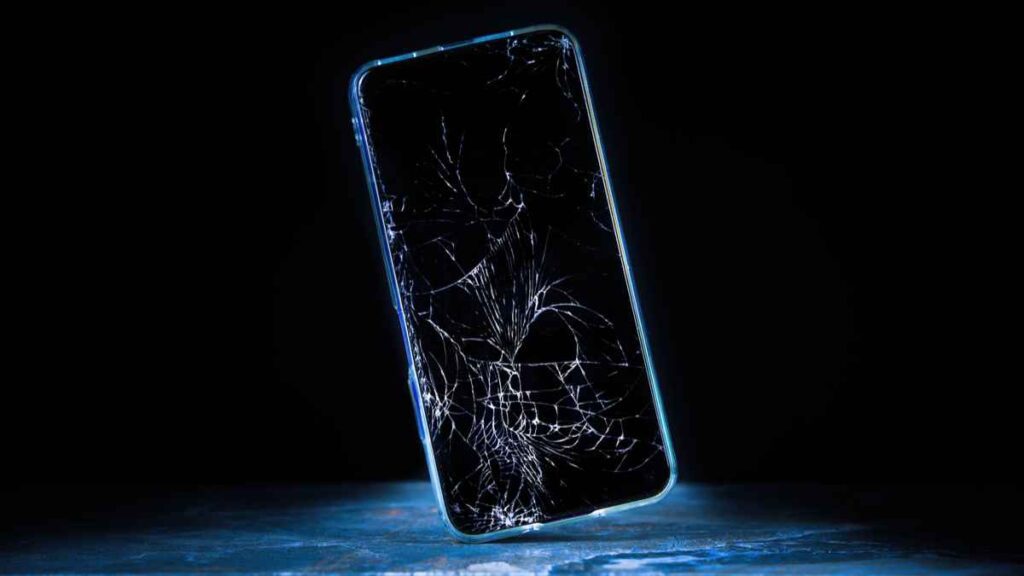U.S. Copyright Office endorses right to repair

The U.S. Copyright Office is intensifying its legal defense in improving digital devices by submitting its latest anti-circumvention exemptions to the Digital Millennium Copyright Act (DMCA) to forbid breaking software copyright protection.
Section 1201 anti-circumvention exemptions are recommended by the Register of Copyrights every three years.
A procedure that delivers legal protections distributed on various fronts, ranging from unlocking cellphones to breaking DVD videos for classrooms. The periodic renewal of these exceptions was highlighted this year on the recently evolving repair proposals from the Electronic Frontier Foundation, iFixit, and other institutions.
The DCMA ruling deems it unlawful to circumvent technological measures utilized to prohibit unauthorized access to copyright works, such as copyright books, movies, video games, and computer software.
“The petitions did a good job of showing commonalities across different types of devices,” Kevin Amer, Acting General Counsel, elaborated on the Act with reporters.
“We are also aware of some of the efforts that the executive branch has undertaken in this area. We think that this exemption will be useful and will help to facilitate that type of activity,” he added.
From another aspect, various governmental agencies, in addition to federal and state lawmakers, presented their own set of policies to defend the right to repair.
The Federal Trade Commission (FTC) promised to counteract unlawful business practices prohibiting private repair stores from doing independent work. While the DMCA does not address these issues, lawmakers are directing their attention towards assisting in removing any legal obstacle imposed by the devices’ manufacturers.
Section 1201’s ruling addressed exemptions focused on converting videos to obtainable formats to individuals with disabilities by allowing them to add captions before any request for a subtitled version.
In parallel, the recently expanded policy unties a 2015 exemption that gives access to medical device data, allowing it to cover devices that are not incorporated into authorized third parties to patients to access it.
Even though the Librarian of Congress’ Section 1201 is deemed quite controversial in concept, however, its vitality remains in halting digital right management software directed at securing copyright media. The alteration made to the Act’s section indicates that educators, security researchers, and repair technicians will welcome necessary changes to give some type of support.
The U.S.’ oldest federal cultural institution accepted the proposals in its latest ruling and will take effect on October 28th.
Inside Telecom provides you with an extensive list of content covering all aspects of the tech industry. Keep an eye on our Ethical Tech section to stay informed and up-to-date with our daily articles.
